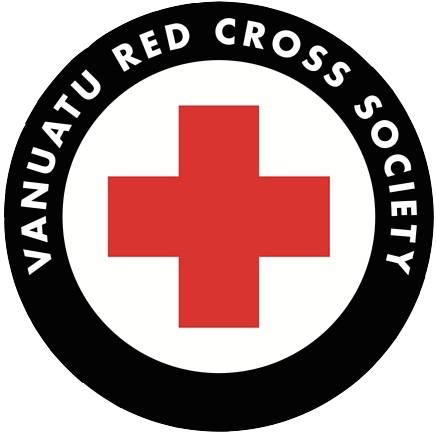Vanuatu Red Cross Society: Our Story
Vanuatu Red Cross provides communities with skills and services in first aid, health and sanitation, disaster preparedness, humanitarian law and emergency response. As a leading community-based non-profit, we depend on volunteers and the generosity of the Vanuatu public and donors to perform our mission
Vanuatu Red Cross Society was founded on October 11th, 1982 pursuant to Vanuatu Red Cross Society Act No: 23 of 1982, and is a body corporate having perpetual succession and a common seal. Its constitution is based on the Geneva Conventions and the Additional Protocols of 1977, to which Vanuatu is a party, and the fundamental principles of the International Red Cross Red Crescent Movement. Red Cross began operating in Vanuatu as a branch of the British Red Cross.
Vanuatu Red Cross Society endeavours to align its work with that of the International Red Cross Red Crescent Movement, by following the strategic aims and enabling actions to base its work and meet its commitment in working together with the federation, ICRC, The Vanuatu Authorities, its partners and beneficiaries.
Our Mission
The fundamental mission of Vanuatu Red Cross Society is to improve the lives of the most vulnerable without discrimination through voluntary service.
Constituency
Vanuatu Red Cross Society has a total of 5 Provincial branches with its headquarters located in Port Vila, Shefa Province. Membership is open to everyone. There are three (3) forms of membership: active (volunteers), subscribing (fee-paying) and honorary. We currently have over 500 volunteers, although this number increases when there is an activity needing volunteer support. We regularly seek feedback and involvement in decision making from beneficiaries, volunteers, members, donors and partners organisations.









